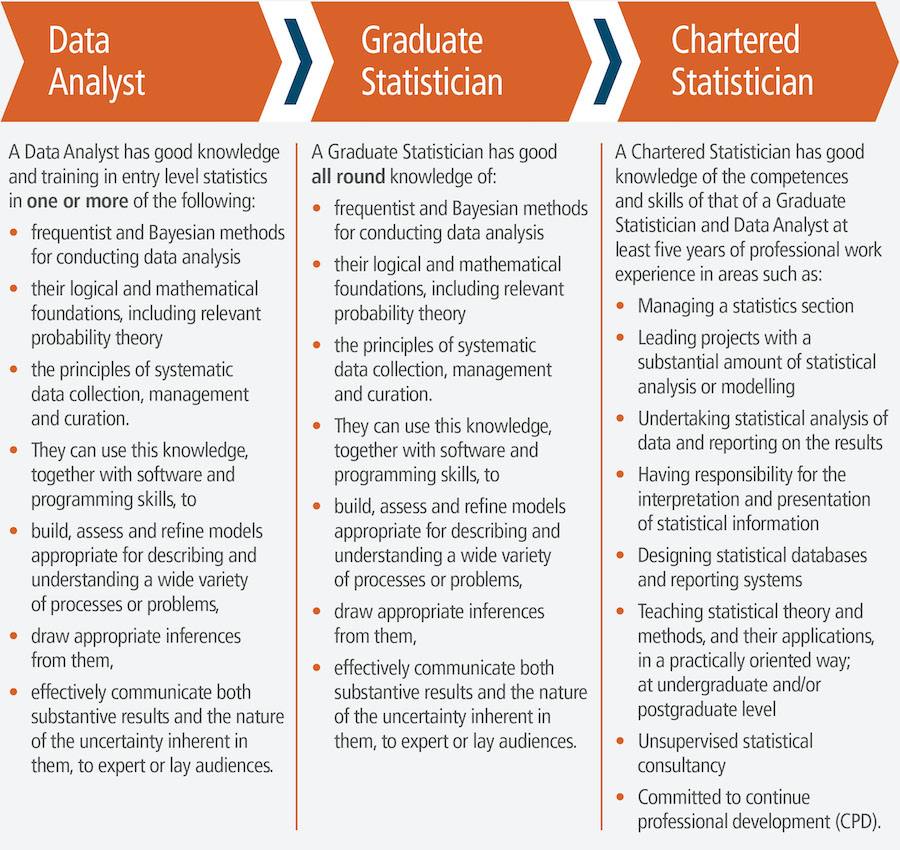Data analysis is not just about crunching numbers; the skill it requires deserves recognition
The world is awash with data - and as so many of our everyday processes become digitised, we’re creating it in exponentially increasing volumes, from online shopping and financial transactions to measuring CO2 levels and recording Covid test results. Every recorded piece of data contributes to valuable datasets that, if used well, have the potential to improve all of our lives.
This has led to a large increase in demand for data analysts in the global job market. According to a 2018 World Economic Forum report, data analysts and scientists will increase in demand in the period up to 2022. Beyond that, according to the US Bureau of Labor Statistics, data analyst jobs will see a 20% growth from 2018 to 2028.
But data needs to be managed and utilised in a responsible manner. We need to store it safely so it doesn’t get into the wrong hands. We need experts to know how to analyse it properly so we don’t reach the wrong conclusions. We need professionals who can discern correlation from causation, and recognise bias in algorithms. Employers from increasingly diverse backgrounds (including professions with little previous experience of data) need assurance that the people they employ to analyse data have a high level of understanding of all these issues.
And this is where the RSS comes in. We recognise how crucial statistical training is when it comes to working ethically and competently with data. We also recognise that the growing range of people who now work with data can find it difficult to find the right training.
We’ve launched several initiatives to help employers recognise individuals with the right level of data skills. This month (May 2021), we launched a Data Analyst category of RSS membership, which provides a useful benchmark for recognising the skills we believe are fundamental to data analysis. Candidates cannot become a Data Analyst fellow without a pre-defined level of statistical and data training.
Once registered as a Data Analyst, individuals can then move along a professional pathway that can take them first to GradStat and then on to Chartered Statistician status (CStat). Before now, GradStats had to have a specified degree in order to move towards chartered status. With a new ‘competency route’ to GradStat and CStat, we now recognise professional experience – as well as CPD and academic qualifications – when granting applicants with the post-nominal.
We’re also accrediting degree course modules as well as entire degrees, if sufficient levels of data analysis are taught. So someone doing a non-stats degree can now take an RSS-accredited module in say, quantitative analysis that could count towards becoming a registered Data Analyst or GradStat once they’ve graduated and gained the required work experience and CPD.
By helping those working in data onto the first rung of professional recognition through our Data Analyst membership, we hope to be able to support them all the way through their career. RSS membership includes a subscription to the RSS’s flagship magazine, Significance, discounts on fees for Society conferences, events and training courses, plus networking opportunities via the Professional Statisticians’ Network and Data Science Section.
The RSS is aware of increasing demand for other roles within data science and its growth as a profession. We also recognise that data science is not just about statistics – so we’ve teamed up with other organisations including BCS, The Chartered Institute for IT, the Institute of Mathematics and its Applications (IMA), the Operational Research Society and the Royal Academy of Engineering to develop a professional framework for the profession of Data Science. We hope to announce further details and developments of our joint efforts towards the end of June 2021.
In the meantime, take a look at the knowledge and training required in order to become a registered RSS Data Analyst, GradStat or CStat below, or visit rss.org.uk/membership/professional-development/ for more details on each member category.
